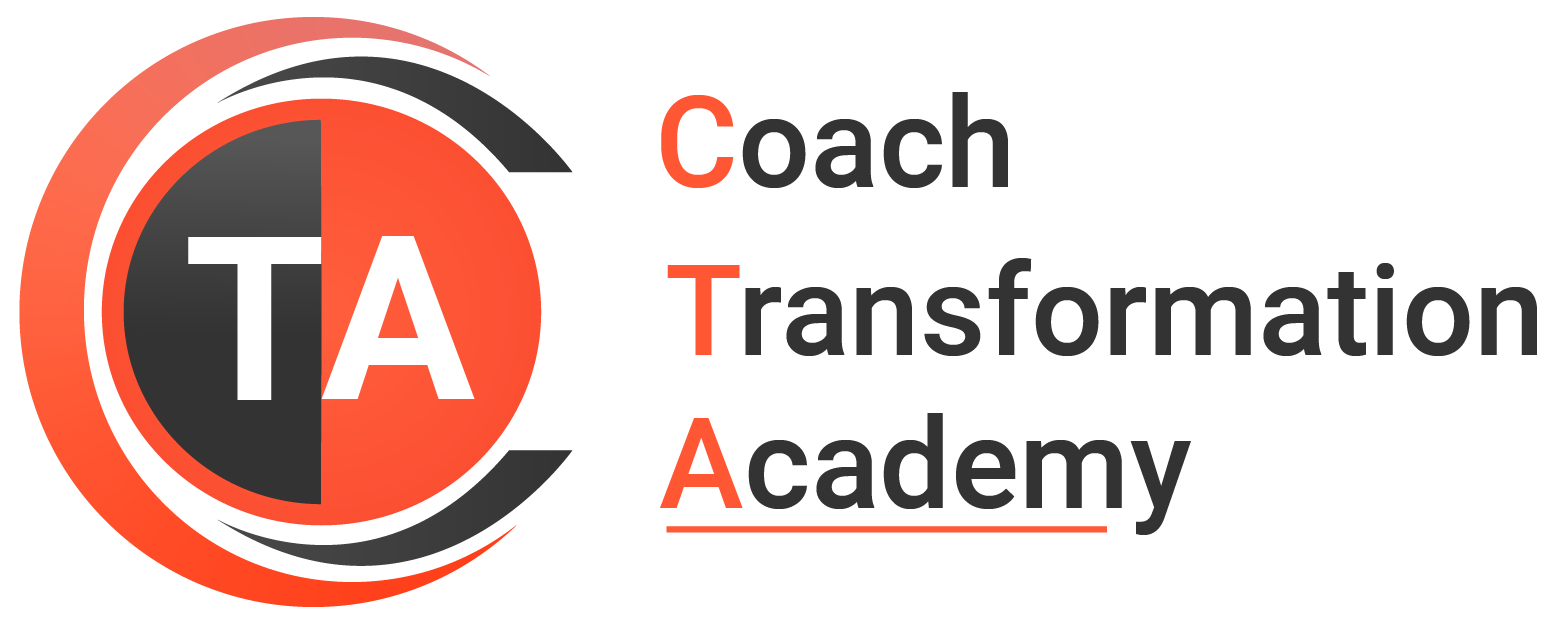I have learned that coaching is a partnering relationship with a client in a thought-provoking and creative process. It should inspire the client to maximize his/ her personal and/ or professional potential. I realized that it is different from other similar professions, like training, mentoring, counseling, educating, etc. When I reflect on this, I thought I have been practicing coaching, but I was mixing it with other professions, especially mentoring.
Mentoring simply refers to transferring technical expertise and helping people being mentored to acquire the skills and knowledge they want or are expected to gain. When I’m assisting clients to acquire the needed technical skills and experience, I shouldn’t say that I’m coaching, but I’m mentoring them. When I’m coaching, I should work on their agenda, and coach them to find the solutions they feel happy and comfortable with. In this way, I’m not the one who should come up with the answers, but they should come up with the answers that will work for them and make them feel happy and confident to achieve what they want.
If I give the answers and solutions to what they are looking for, I will be imposing my preferred ways of doing things and solving things. My answers and solutions to them, if I propose them, will be based on my experience and how I like things to be done my way, not what is supposed to happen in the coaching process. When they come up with the answers to their questions and solutions to their problems, they will base them on their own experience, what they know, their abilities, and what they feel that will work for them.
This is clear now for me, and it is one of the most significant learning points from the training. However, I realize that it needs the practice to control myself from not imposing and proposing my solutions and answers to the clients. It also needs the practice to convince clients that it is their map of the world, and it is their territory, and they are the best to come up with the answers and solutions to themselves.
No matter how we know, as coaches, clients live the experiences they share, and they are the best to describe it, evaluate it, and decide what will work and what will not work for them. It also needs the practice to get clients to remain interested in continuing the coaching and knowing that I, as a coach, will not propose my preferred ways of dealing with the matters and solving the problems.
Continuing from this, I have learned that I should use their words, phrases, and expressions when phrasing my questions and confirming understanding. This way, they feel powered, and the trust between my client and me is reinforced because I’m using their terms that I’m not using terms that they are not familiar with. Besides, this way will strengthen the notion that they have the control of their issues and problems, and it is they that they need to think about how they will find the answers to their questions, and how to find the solutions to their problems.
I have learned that coaching is an intuitive process, not cognitive, and picks up in the emotions, to get them to feel good and happy that they have come up with what they want to do and achieve, plus when they actually do it and reach to what they want to reach and achieve. Coaching takes place and focuses on the who, the coachee, not the what, we leave the what, and how to think about it and come up with it. Reflecting this on me, I think I will have no problem with it because of my background and what I have been practicing.
Competencies that I need more development on are:
Active Listening – because I have a habit of interruptions sometimes plus wanting to move on, and not being patient till they finish their conversations. I know that I should watch this and control myself to demonstrate proper active listening.
Powerful Questioning – I can ask open questions, but I need to practice more on how to phrase the questions in a way that I’m not leading them to the answers.
Direct Communication – creating positive impact and language that is effective to clients is something that I need to practice more so that I know what is impactful for this or that client.
Managing Progress & Accountability – I need to learn more about how to make them remain interested and not transfer responsibility to me but leave it to them. If they don’t do it, I should ask them to think of a different way(s), which should make them do it.
Thank you…




